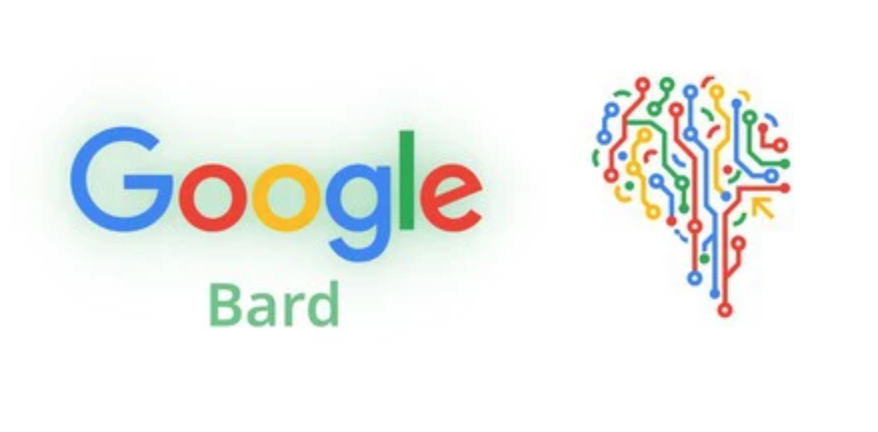
Google releases Bard, a rival in the development of AI chatbots
Google announced that they will grant users access to a chatbot based on AI. On Tuesday Google broke the news about the release of their chatbot, called Bard. This AI chatbot will have a limited number of users in the US and Britain and will accommodate additional users, countries, and languages over time.
Google is starting a waiting list to utilize an AI tool in the next stage of Bard, comparable to the ChatGPT technology that Microsoft began implementing in its Bing search engine with considerable success last month. Moreover, Microsoft this week included a new function called Copilot in its word processing, spreadsheet, and slide presentation programs.
Bard was previously only accessible to a certain number of “trusted testers” chosen by Google. The Alphabet Inc. owned business located in Mountain View, California has not said how many individuals will get access to Bard in the following stage of the technology’s development. Before Google offers Bard in other nations, initial applications will only be allowed for the United States and the United Kingdom.
Because it stands to lose more if the AI tools spew false information or lead users down dark alleys, Google is being cautious in how it deploys them. This is due to the fact that Google’s dominating search engine has effectively served as billions of people’s entryway to the Internet, increasing the possibility of a significant reaction that may damage the company’s reputation and threaten its ad-driven business.
Despite the technology’s flaws, Bard continues to offer “amazing benefits,” such as “raising human productivity, creativity, and curiosity,” Google argues in a blog post that two of its vice presidents – Sissie Hsiao and Eli Collins – penned with Bard’s help.
A separate website on Google’s search engine, which serves as the foundation for the online advertisements that make up the majority of its revenue, also gives users access to Bard. Google offers a query box integrated with their search engine to make it simpler for users to verify the veracity of the information presented by the AI in a tacit acknowledgment that Bard may be prone to fabricating lies, which are known as “hallucinations” in the computer world.
Shortly after Google introduced the tool, Bard made an embarrassing error by prominently showing an incorrect response regarding a scientific milestone at a presentation meant to demonstrate how clever the technology could be. The oversight caused Alphabet’s stock to plunge by about 8% daily, wiping out roughly $100 billion in shareholder worth and demonstrating how closely investors are watching how Google handles the AI transition.

